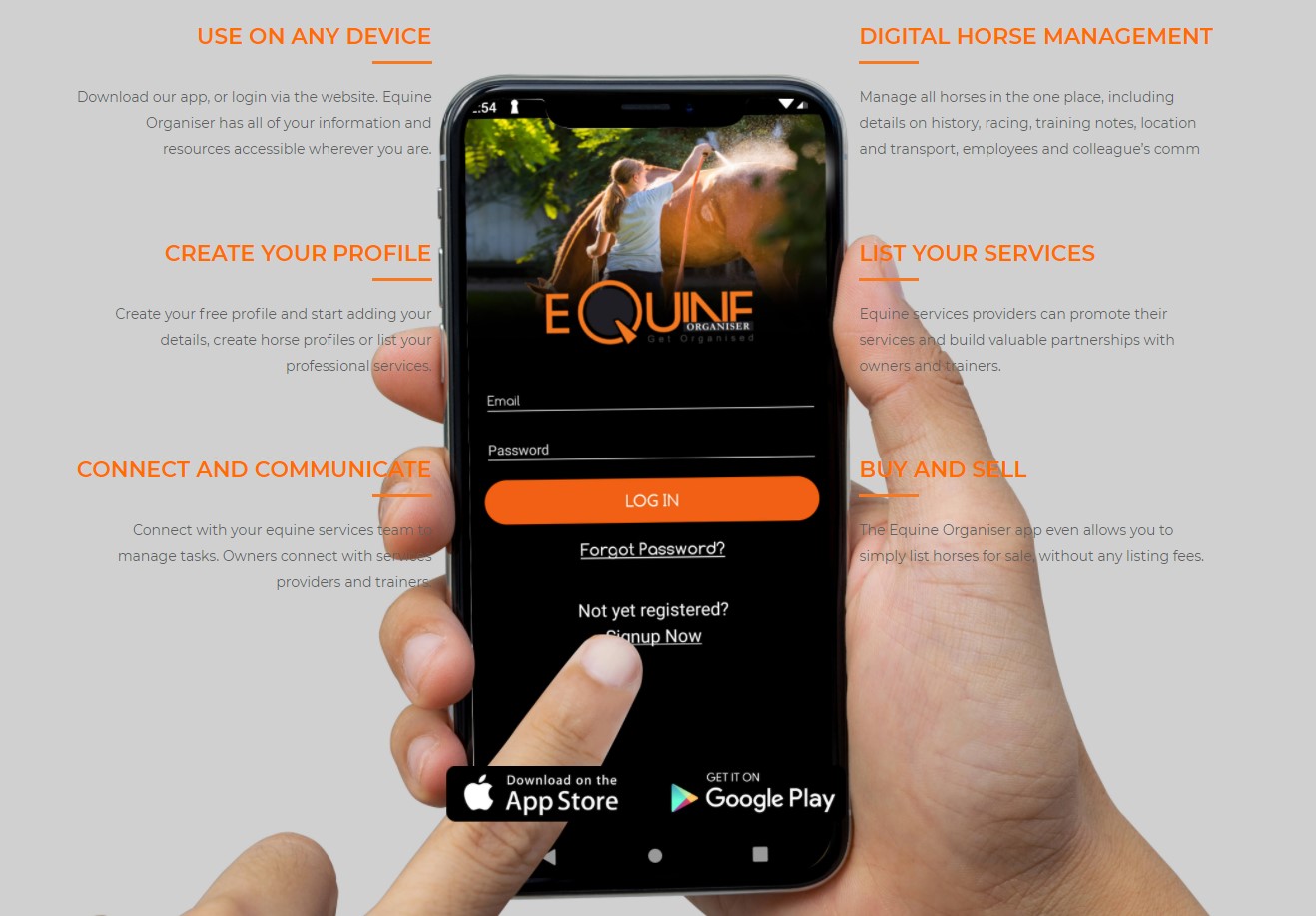24-Mar-2021

It is very important to know what type of food is ideal for your horse and how to take care of the animal. There are various commercial feeds, feeding plans and supplements available in the market, and it is overwhelming for you to choose the best type of equine food. The beginners who are confused to follow the right equine feeding guidelines or want to consult an equine vet can take help from the Horse management app that helps connect an equine owner and service provider.
In this article, you will know why it is important to provide the best quality food to the equines and a horse diet and holistic feeding approach.
Before you discuss the horse diet, it is good to understand the digestive system of the animal. This animal generally has a small stomach as compared to the large size. Having a small stomach is that equines always have lesser meals and consume at intervals throughout the day. Unlike the humans who generally consume 2-3 larger meals in a day. Horses are designed to travel all day and graze. An equine is grazing in the wild or on the pasture; the horse will graze on an average of 17 hours per day.
Another difference between a horse and a human is that horse does not has a gallbladder. In human beings, the gallbladder acts as the storage units for the bile. When humans consume the food, the bile is released in the stomach, and the fats are broken down. As the horses do not have a gallbladder, bile constantly flows into the digestive system, which allows the forage to get digested.
From the above information, you have learnt about the digestive system and feeding habits of the equine. As the equines are designed to feed throughout the day, the equine's best scenario is to get the grass 24x7. If it is not possible to provide grass all day, you should offer good quality forage to the animal to satisfy the hunger. It is good to provide legumes to the equines like alfalfa or legume/grass blend. To be sure that your horse is not over-eating or consuming too fast, the expert recommends using the hay net or the slow feeder. This ensures that your horse can have grass throughout the day.
When you are feeding grain to the equine, it is advisable not to feed 4 lbs. of grass one at a time as the stomach of the equine is too small, and he cannot digest so many amounts one at a time. Better to break the feeding into three or smaller feeding throughout the day, which is best. Your equine diet should have at least 80% of forage and 20% of lesser grains. Even the horses like to eat no grain at all. It is seen that grains cause inflammation in the horse's digestive system, whereas some horses get better with a grain diet.
The holistic approach of feeding is to check carefully the horse's anatomy and the age of the equine so that you can plan the diet perfectly. If you want to make a proper equine diet, better consult with a performance vet, you can easily get in touch with the professional from Equine Organiser.
Certain jockeys are trained to ride a high number of winner horses. Some wonder
29-Apr-2021